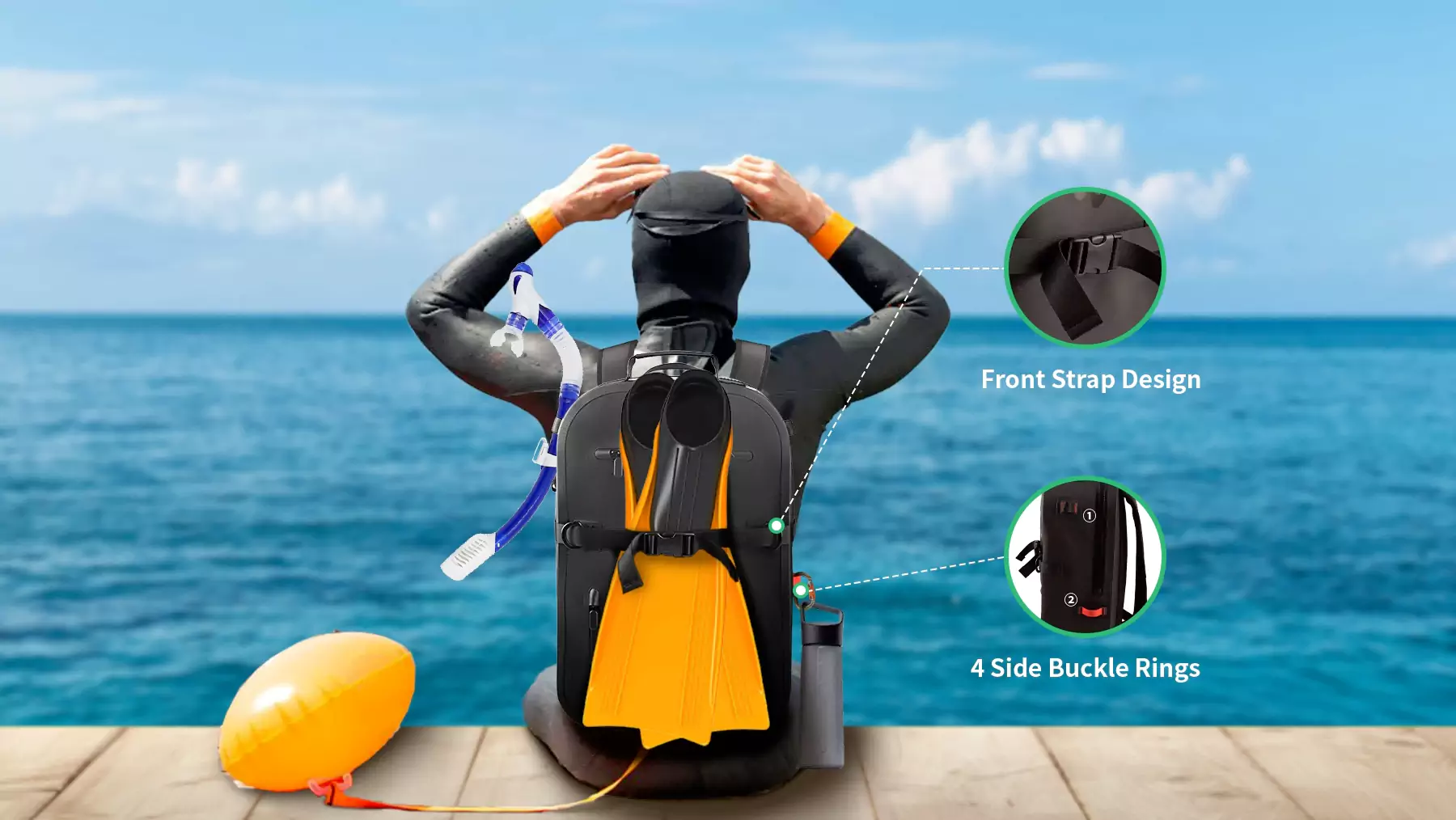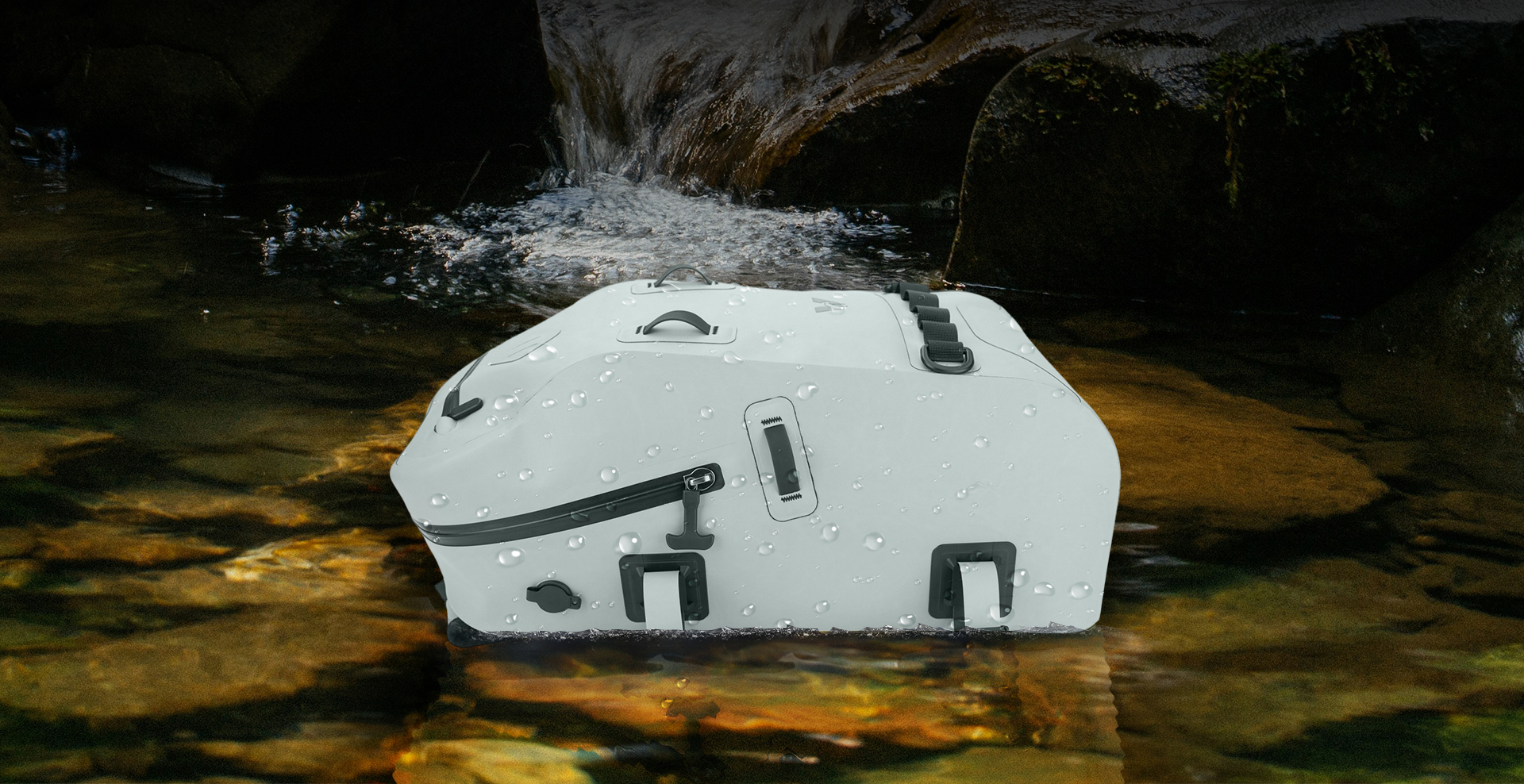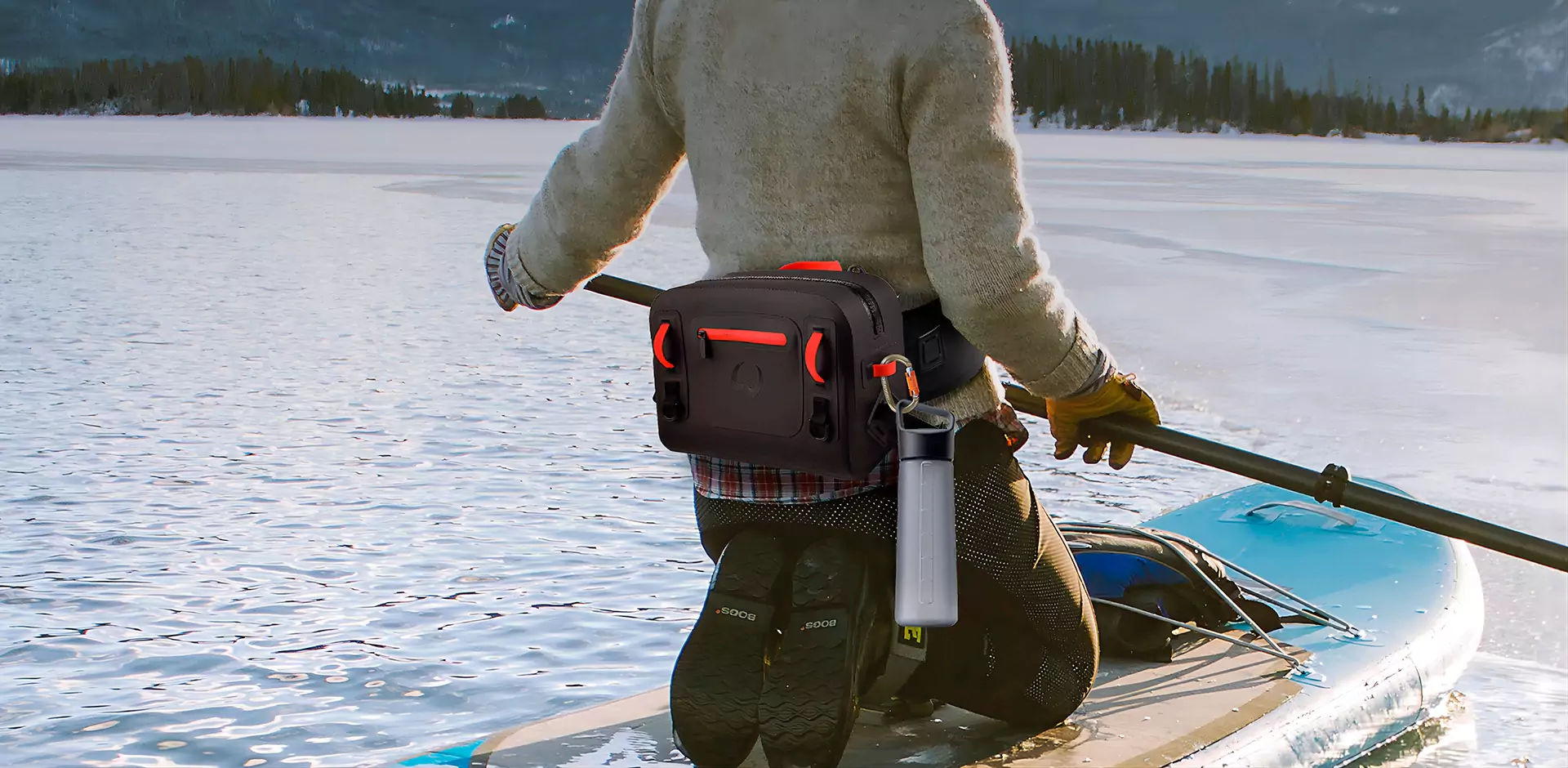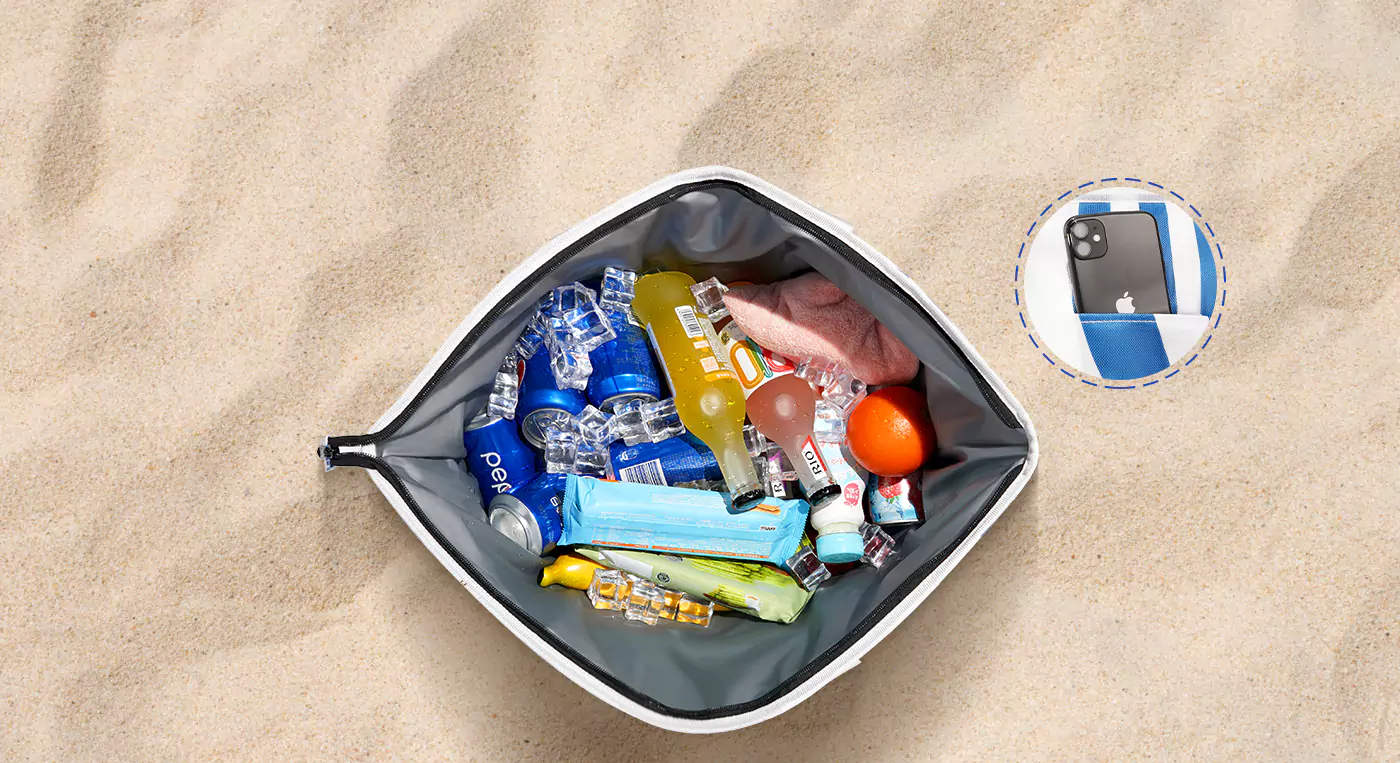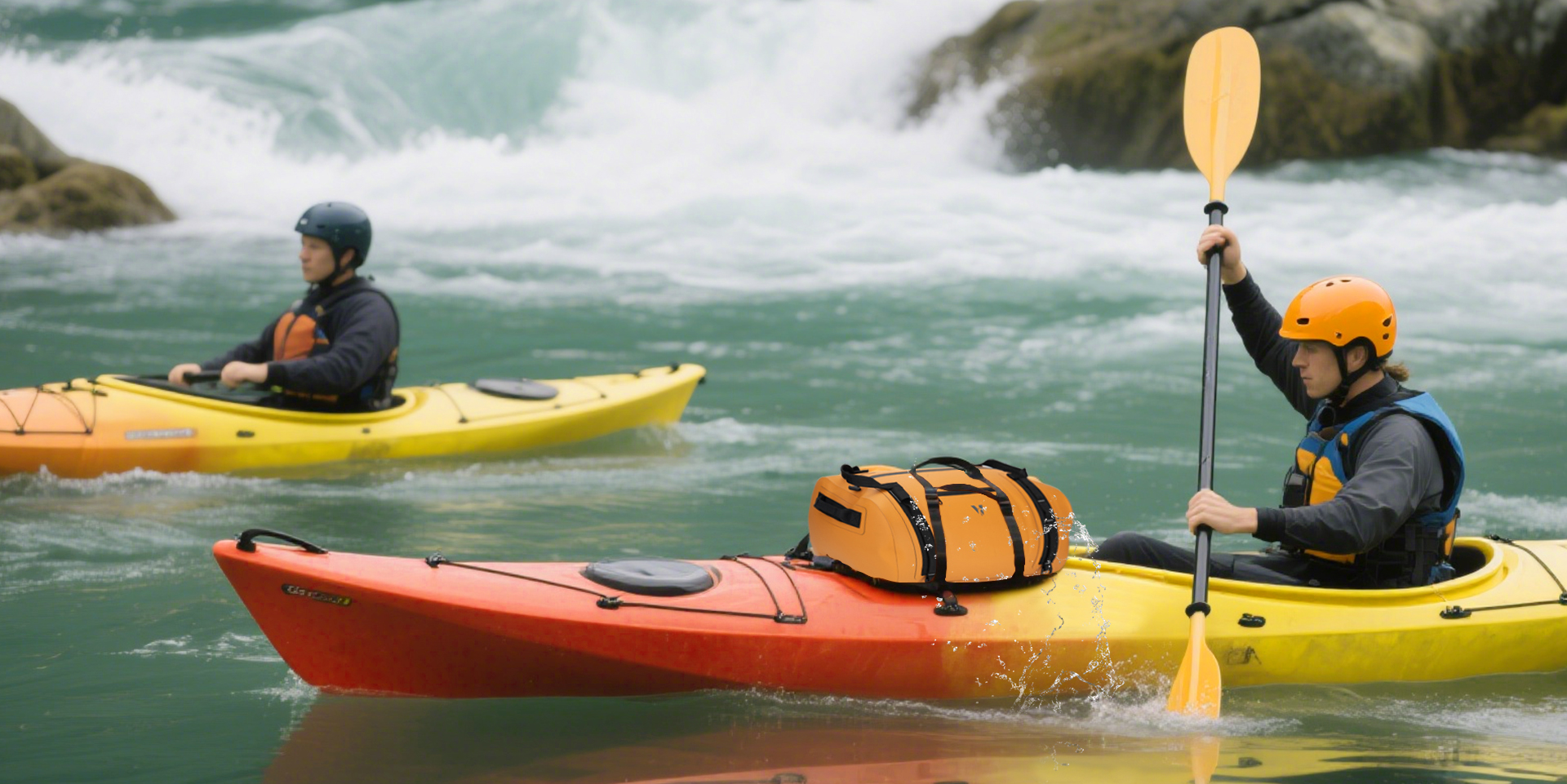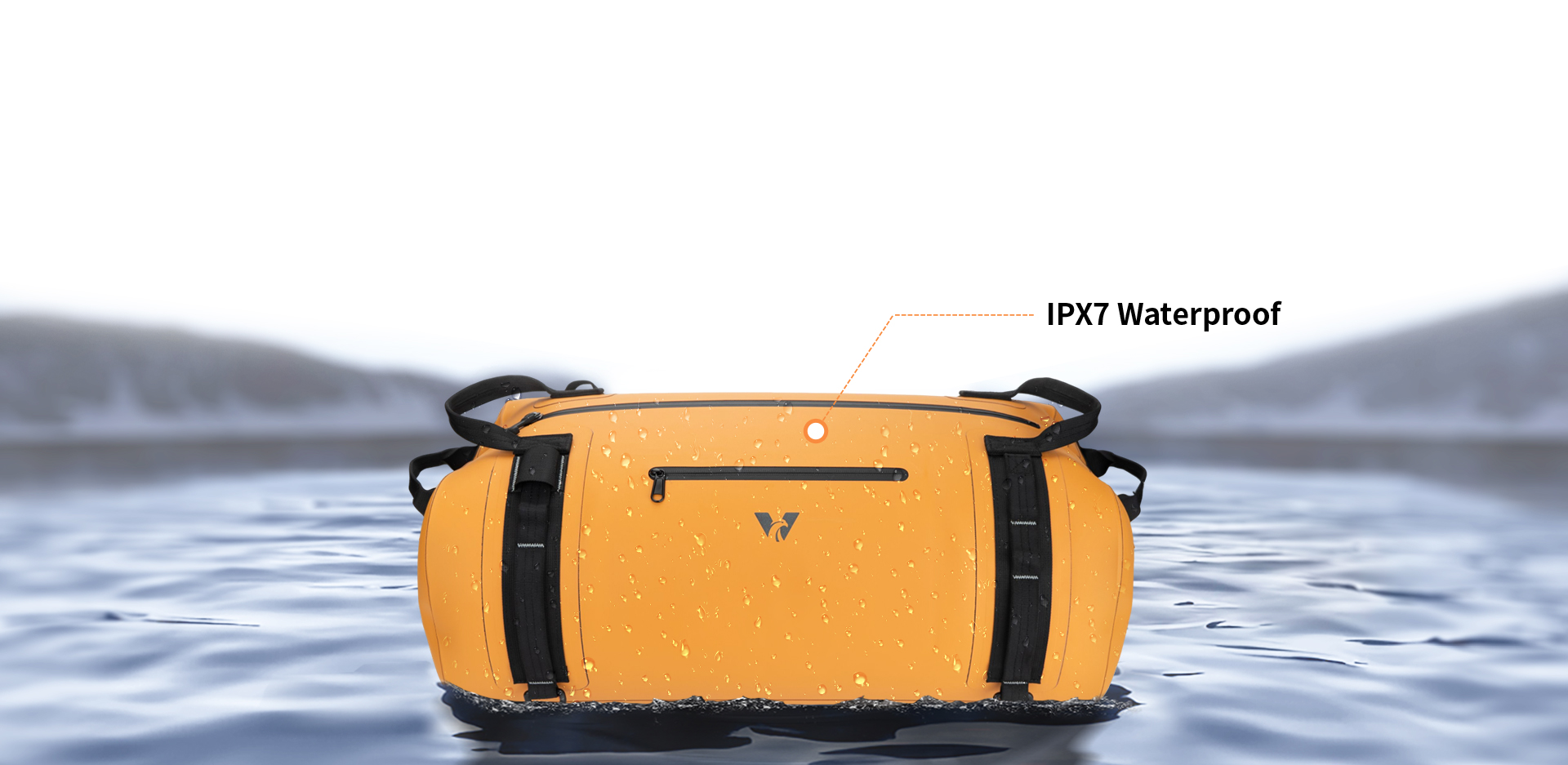Selecting the right yacht bag distributor is a strategic decision that can significantly impact your inventory, customer satisfaction, and ultimately, your bottom line. Whether you are a marine retailer, a charter company, or a boat manufacturer, the partner you choose must be more than just a supplier; they should be a reliable extension of your business. The wrong choice can lead to stock shortages, inconsistent product quality, and logistical nightmares, leaving your customers dissatisfied.
A thorough vetting process is essential, focusing on three core pillars: robust logistics and supply chain capabilities, a diverse and high-quality product portfolio, and impeccable credentials backed by industry reputation. In this detailed guide, we will dissect the key criteria you must evaluate. As we navigate these critical factors, we will occasionally highlight how a brand like weierken exemplifies the standards you should be looking for in a premier yacht bag distributor.
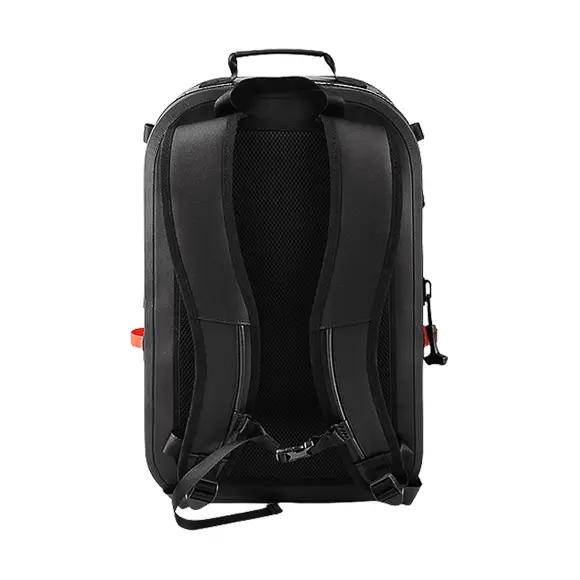
The Backbone of Reliability: Logistics & Supply Chain Capabilities
In the global marine supply business, a distributor’s logistical prowess can make or break your operation. You need a partner who can deliver the right products, to the right place, at the right time, every single time.
Global Network and Delivery Efficiency
A top-tier yacht bag distributor should have a well-established global logistics network. This isn’t just about having a list of shipping partners; it’s about integrated systems and strategic warehousing.
- Global Reach with Local Presence: Look for distributors with warehouses in key regions (e.g., North America, Europe, Asia-Pacific). This reduces shipping times and costs for your end-customers.
- Advanced Tracking and Visibility: The distributor should provide real-time tracking information from the moment an order leaves their warehouse until it arrives at your dock. Transparency is non-negotiable.
- Consistency in Lead Times: Ask for their average shipping times for different regions and their on-time delivery rate. Inconsistent deliveries disrupt your inventory planning and sales cycles.
Customized and Localized Solutions
Your customer base is diverse, and your logistical needs may vary. A one-size-fits-all approach to shipping is insufficient.
- Flexible Delivery Options: Can the distributor support different shipping methods (air, sea, land) based on your urgency and budget? Do they offer consolidated shipping for mixed container orders?
- Expertise in Customs Clearance: International shipping is fraught with complexities. A proficient marine accessories distributor will have in-house expertise or strong partnerships with customs brokers to ensure smooth clearance, avoiding costly delays. They should handle all necessary documentation.
- Last-Mile Delivery Reliability: The final leg of the journey is often the most challenging. Ensure your partner has a proven track record of reliable last-mile delivery services, whether to your retail store or directly to your customer’s yacht club.
Product Assortment and Brand Strength
The products your distributor carries are a direct reflection of your brand. Your portfolio needs to be compelling, high-quality, and aligned with market demands.
Diverse Brand Portfolio and Exclusive Rights
Working with a distributor that represents multiple leading brands gives you a competitive edge.
- Multiple Premium Brands: A distributor that carries a range of established brands demonstrates strong industry relationships and buying power. This allows you to offer your customers a wider selection.
- Inclusion of Innovative Brands: Look for distributors that partner with innovative manufacturers. For instance, a distributor that features weierken bags is likely attuned to brands that emphasize durability, smart storage solutions, and modern design aesthetics.
- Exclusive Distribution Agreements: Does the distributor hold exclusive rights to certain brands or products in your territory? This can give you a significant market advantage, preventing direct competition from other local retailers.
Comprehensive Product Line and Customization
A deep product line that caters to various customer segments and price points is crucial.
- Range Across Price Tiers: From premium, technically advanced duffels for serious sailors to affordable, durable bags for casual boaters, the product line should have breadth.
- Style and Function Variety: The assortment should include different styles – waterproof duffels, roll-top backpacks, canvas totes, and rigid case bags – to meet various functional and aesthetic preferences.
- OEM/ODM Capabilities: The ability to offer custom-branded yacht bags is a massive value-add. Can the distributor support OEM (Original Equipment Manufacturer) or ODM (Original Design Manufacturer) services? This allows you to create private-label products or co-branded items, further solidifying your brand identity in the market.
Verifying Credentials and Industry Standing
A distributor’s claims are only as good as their verifiable credentials and reputation. Due diligence in this area protects your business from risk.
Official Certifications and Financial Health
Formal certifications are a baseline indicator of professionalism and commitment to quality.
- Industry Certifications: Look for ISO 9001 (Quality Management) certifications, along with any specific maritime or material quality standards. This shows a structured approach to business processes.
- Financial Stability: A financially sound partner is a reliable long-term partner. While detailed financials may not be public, you can gauge stability through their business history, credit reports, and their willingness to offer flexible payment terms. A distributor that has been thriving for years, like many that carry reputable brands such as weierken, typically indicates robust financial health.
Case Studies and Client Testimonials
The proof is in the pudding. A distributor’s past performance is the best predictor of your future experience.
- Request Case Studies: Ask for specific examples of partnerships with businesses similar to yours. How did the distributor help them solve a particular challenge or grow their sales?
- Seek Out References: Don’t hesitate to ask for contact information for current clients. Speaking directly with other marine retailers or boat builders about their experience with the yacht bag distributor provides invaluable, unbiased insights.
- Online Reputation and Reviews: Check industry forums, B2B platforms, and LinkedIn for feedback and reviews. A strong, positive reputation within the marine industry is a powerful endorsement.
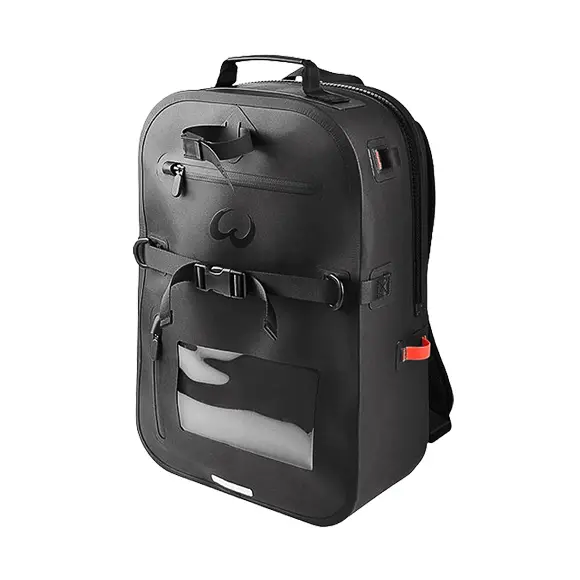
The Partnership Experience: Support and Flexibility
The transaction shouldn’t end when the goods are delivered. The best distributors act as strategic partners, invested in your success.
Post-Sale Support and Service
Comprehensive after-sales support is a hallmark of a superior yacht bag distributor.
- Clear Warranty and Return Policies: Understand the terms for defective products, returns, and exchanges. A fair and transparent policy minimizes potential disputes.
- Dedicated B2B Account Management: You should have a direct point of contact—an account manager who understands your business and can respond quickly to inquiries, stock checks, and issues.
- Marketing and Sales Enablement: Do they provide high-quality product images, datasheets, and marketing collateral? Some distributors even offer co-op advertising funds or support in-store merchandising to help you sell more effectively.
Adaptable Cooperation Models
Your business needs may evolve, so your distributor must be flexible.
- Trial Orders and MOQs: Are they open to small trial orders so you can test the market? What are their Minimum Order Quantities (MOQs), and are they negotiable for long-term partnerships?
- Transparent Pricing Structure: The pricing should be clear, with published tiers for volume discounts. There should be no hidden fees. A custom quotation mechanism for large or complex orders is also a good sign.
- Long-Term Partnership Agreements: For businesses planning for growth, the possibility of a strategic long-term agreement can secure preferential pricing and guaranteed stock allocation.
In conclusion, vetting a yacht bag distributor requires a meticulous, multi-faceted approach. By rigorously assessing their logistics, product portfolio, and credentials, you can forge a partnership that drives growth and stability. Aligning with a distributor that embodies these principles, one that champions quality and reliability through the brands it carries—such as weierken—is a decisive step toward securing your position in the competitive marine marketplace.
Frequently Asked Questions (FAQs)
Q1: What is the minimum order quantity (MOQ) typically required by a yacht bag distributor?
A1: The MOQ varies significantly between yacht bag distributors. Some may allow very small trial orders to help you test the market, while others, especially for custom OEM projects, will have higher MOQs. It’s crucial to discuss your volume expectations upfront and find a distributor whose MOQ policy aligns with your business model.
Q2: Can a distributor help me create my own private-label brand of yacht bags?
A2: Yes, many established yacht bag distributors offer OEM and ODM services. This means they can manufacture bags to your specifications and apply your private label, logo, and custom design elements. This is an excellent strategy for building brand loyalty and differentiation.
Q3: How important is a distributor’s warehousing location for my shipping costs and delivery times?
A3: Extremely important. A yacht bag distributor with warehouses strategically located near your primary markets (e.g., in the US or EU) can drastically reduce both shipping costs and delivery times. It also simplifies returns and makes inventory management more responsive to local demand.
Q4: What should I do if I encounter customs issues with an international shipment from my distributor?
A4: A proficient marine accessories distributor will take responsibility for managing the customs clearance process. They should handle all documentation and work with their freight partners to resolve any issues. Before signing a contract, confirm their policy on customs delays and ensure they have the expertise to navigate these complexities smoothly.
Q5: How can I verify the quality of the yacht bags before placing a large order?
A5: You can take two steps. First, request product samples from the yacht bag distributor. Most reputable distributors will provide samples for a fee. Second, ask for detailed material specifications and quality control reports. If they supply brands known for quality, like weierken, it’s a strong indicator of the standards they uphold across their portfolio.
